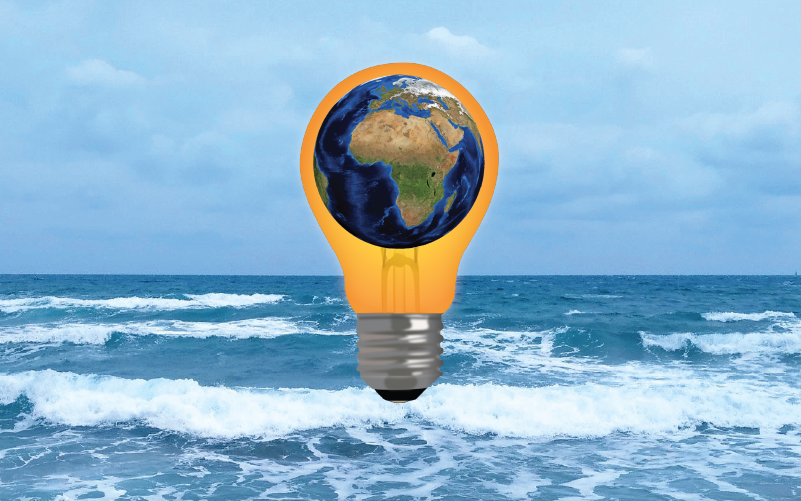
Electricity from sea waves
Go with the flow: build a model using simple materials to convert the energy of water waves into electricity and explore key concepts relating to energy.

Article of the week
When life gives you lemons: use limonene to explore molecular properties with your students and show them the scientific method in action.
Read more
Go with the flow: build a model using simple materials to convert the energy of water waves into electricity and explore key concepts relating to energy.

Ready to rock: discover what mysterious belts of dust, ice, and rock around distant stars can tell us about the formation of planetary systems.
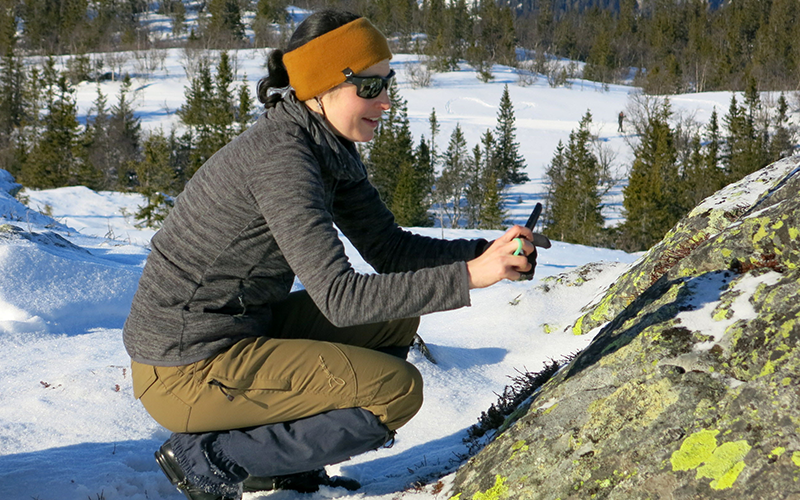
Not sure how best to source and create images for sharing your teaching materials? It’s a snap if you follow these simple tips!
We cover a wide range of scientific topics and many articles are additionally available as translations in different European languages.

Explore cutting-edge science and real-world applications.

Discover projects, people, and resources.

Find ideas and teaching materials for classroom activities.
Articles from previous issues
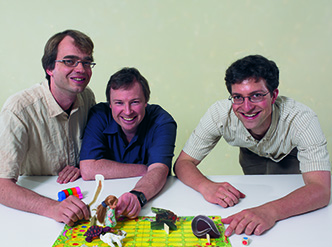
RNA is a crucial biological molecule that is seldom mentioned in detail in textbooks. In the first article in a series, Russ Hodge describes some…
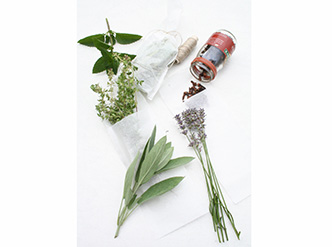
Angelika Börsch-Haubold demonstrates the olfactory delights of organic…
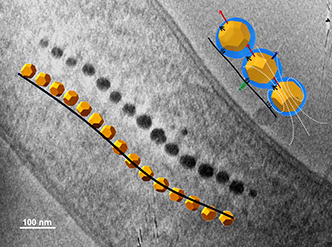
Beyond the five senses: Some bacteria can sense magnetic fields. Learn how they do this and how this could help us design…
Do you have an engaging classroom activity to share with other teachers? Is there an interesting scientific topic that you could explain to STEM teachers and their students? We welcome submissions from teachers and scientists.
Would you like to help ensure that our content is interesting, inspiring and useful to STEM teachers? Consider joining the Science in School teacher reviewer panel. There is no obligation; just send us an email to express your interest.
If you find an article interesting or useful, perhaps you'd consider translating it into your native language? This really helps to increase the reach of our content so that as many teachers as possible can benefit from it.